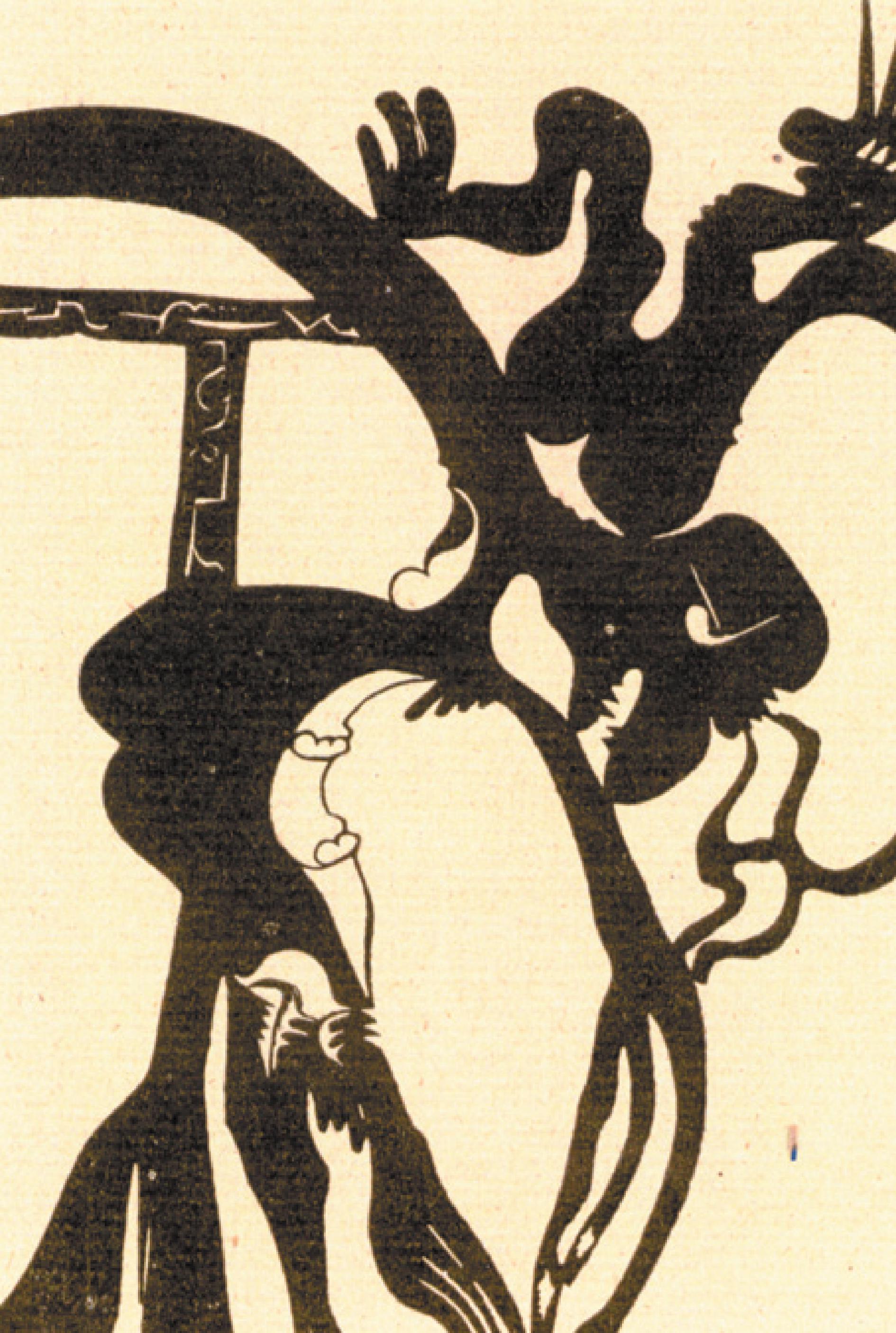O zjadaniu Innych
DOI:
https://doi.org/10.26881/sf.2021.17-18.06Abstrakt
Anthropophagy returns in the works of the inter-war avant-gardes as an important and overdetermined metaphor which describes, e.g., the attitudes to tradition and otherness. The appropriation and devouring of the Other becomes not only a description of certain artistic and ethnographic practices, but perhaps also or even in the first place a hidden paradigm of our culture. The frame within which anthropophagic metaphors appeared at that time was the critique of capitalism and colonialism. The author considers that anthropophagic phantasy and its various – anthropological, literary, and political – contexts. His object of interest is the journal Documents (particularly photos by Jacques-Andre Boiffard and a text by Georges Bataille), Roger Caillois’s essay on the praying mantis, the key text of the Brazilian avant-garde, Anthropophagic Manifesto by Oswald de Andrade, and “The Street of Crocodiles” by Bruno Schulz.

 Uniwersyteckie Czasopisma Naukowe
Uniwersyteckie Czasopisma Naukowe





